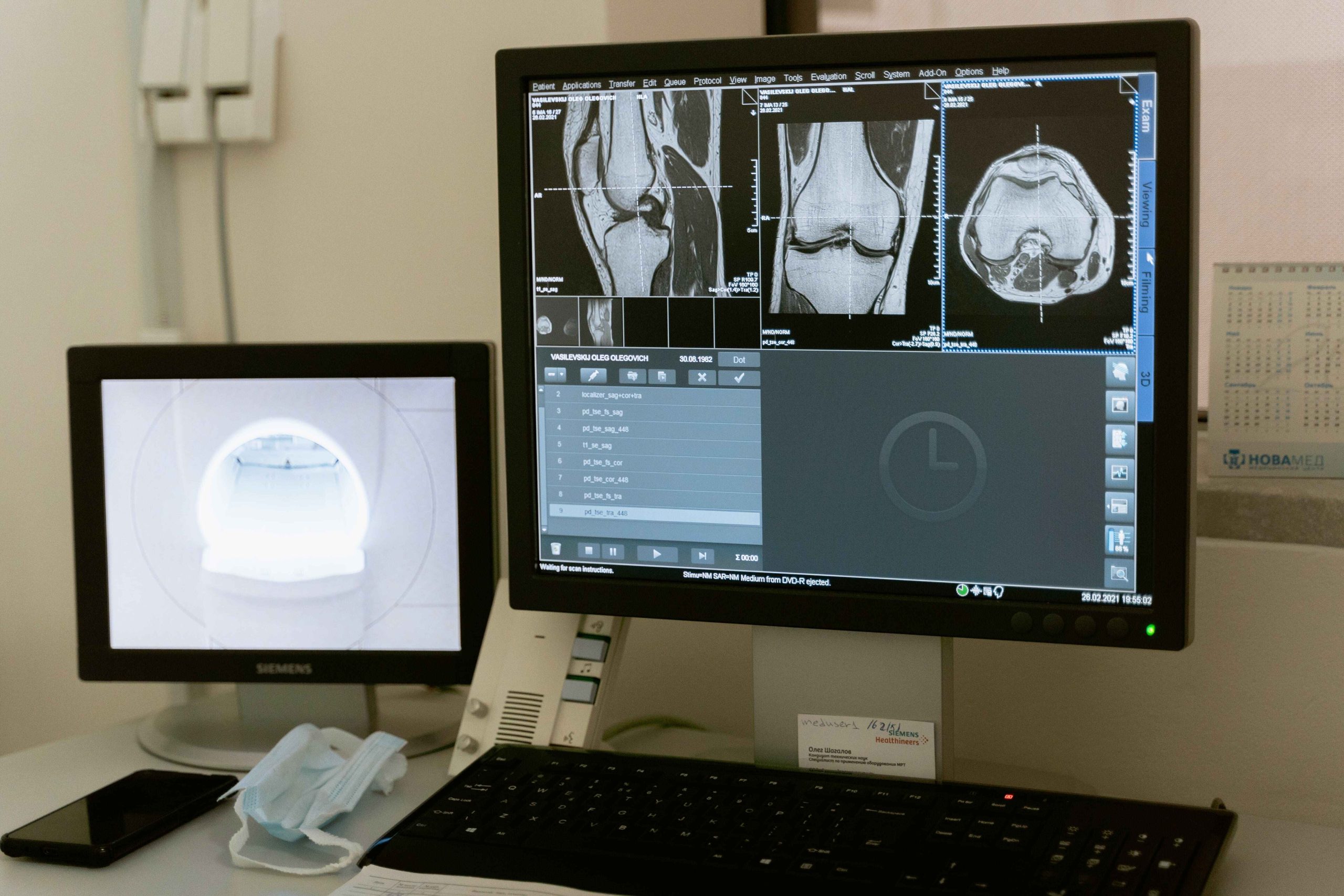Bone density plays a crucial role in overall health, especially as we age. Understanding the key facts about bone density is essential for maintaining strong and healthy bones. In this comprehensive guide, we’ll break down the essential information on bone density, its significance, and practical tips for maintaining optimal bone health.
What Is Bone Density?
Bone density refers to the amount of mineral content present in bone tissue. It’s a critical indicator of bone strength and quality, with denser bones being stronger and less prone to fractures. Peak bone density is typically reached by early adulthood, after which it gradually declines. Factors such as genetics, nutrition, physical activity, and hormonal balance all influence bone density.
Importance of Healthy Bone Density
Maintaining healthy bone density is vital for overall well-being. Adequate bone density reduces the risk of fractures, particularly as we age. Additionally, strong bones support proper posture, mobility, and protect vital organs. Low bone density, on the other hand, can lead to conditions like osteoporosis, making bones brittle and susceptible to fractures.
How to Maintain Healthy Bone Density
Consistent weight-bearing and resistance exercises are the cornerstones of maintaining healthy bone density. Activities such as walking, running, and strength training can stimulate bone tissue growth and help preserve bone density as we age. Moreover, a balanced diet rich in calcium and vitamin D is vital for bone health, as these nutrients are essential for bone formation and maintenance. Avoiding smoking and excessive alcohol consumption can also be beneficial, as these habits have been linked to lower bone density. Regular bone density screenings can help monitor bone health and allow for early intervention if necessary.
Key Facts About Bone Density
- Measurement: Bone density is measured using a DXA (dual-energy X-ray absorptiometry) scan, which provides a T-score comparing bone density to that of a young adult.
- Risk Factors: Age, gender, family history, sedentary lifestyle, smoking, excessive alcohol consumption, and certain medications can all affect bone density.
- Nutrition: Calcium, vitamin D, magnesium, and other nutrients are essential for maintaining and improving bone density.
- Physical Activity: Weight-bearing exercises, resistance training, and high-impact activities help stimulate bone formation and improve bone density.
- Hormonal Balance: Hormones like estrogen and testosterone play a crucial role in maintaining healthy bone density.
Maintaining Healthy Bone Density
To preserve and improve bone density, individuals can take proactive steps:
- Balanced Diet: Consume calcium-rich foods, such as dairy products, leafy greens, and fortified foods, along with vitamin D and other bone-healthy nutrients.
- Regular Exercise: Engage in weight-bearing exercises, resistance training, and activities that promote balance and coordination.
- Healthy Lifestyle Choices: Avoid smoking, limit alcohol intake, and be mindful of medications that may impact bone health.
- Medical Checkups: Periodic bone density tests and consultation with healthcare providers help monitor bone health and address any concerns proactively.
The Connection Between Dental Health and Bone Density
Interestingly, there’s a significant connection between dental health and bone density that often goes unnoticed. For residents in Trinity, Florida, considering the health of your teeth and gums is as important as any other aspect of bone health. Strong jawbones, which support our teeth, are susceptible to bone loss in much the same way as other bones in our bodies. When bone density diminishes, it can lead to tooth loss and complications with dental treatments.
For those seeking dental care in Trinity, Florida, it is important to find a clinic that understands the relationship between dental health and overall bone density. Such a clinic will not only focus on oral care but also advise on maintaining strong bones throughout the body. Regular dental checkups can often provide early detection of bone density loss, thanks to the close monitoring of jawbone strength during routine X-rays and exams. Maintaining a dialogue with your dentist about your bone density concerns could therefore be a vital step in the pursuit of comprehensive health management.
Understanding the significance of bone density and taking steps to maintain healthy bones is crucial for long-term well-being. By prioritizing nutrition, physical activity, and lifestyle choices that support bone health, individuals can reduce the risk of bone-related complications and enjoy an active, fulfilling life.
In conclusion, while bone density naturally declines with age, proactive measures can significantly mitigate this process, ensuring strong and resilient bones well into old age. By incorporating the key facts outlined in this guide, individuals can empower themselves to make informed decisions for optimal bone health.


